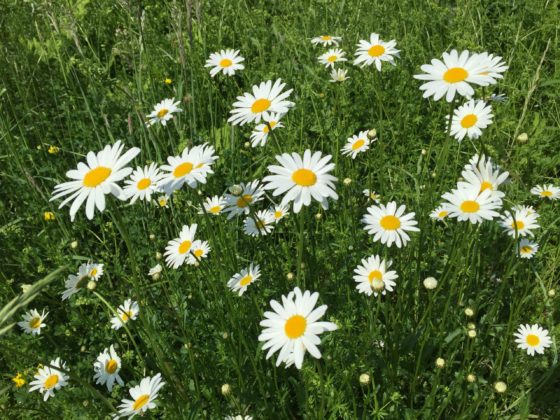
The Wall Street Journal published a really good piece explaining why being kind helps you, too. As the piece explains, “research links kindness to a wealth of physical and emotional benefits – and it’s an excellent coping skill for the COVID-19 era.”
You may not be able to read the whole piece due to the paywall. In the event you can read it, here is a link.
This is a list from the piece of ways to be kinder:
Make it a habit. Earmark time in your schedule to help someone else. Volunteer. Donate. Call a friend. Bake for a neighbor.
Lower the bar. Kindness doesn’t have to be a big deal. Practice being kind each time you go out—smile at people and say hello. Text a friend who is struggling. Take out a neighbor’s garbage. “It can take a minute and cost nothing to change someone’s day,” says Jamil Zaki, associate psychology professor at Stanford.
Be kind to yourself. “If you try to be kind to others while being cruel to yourself, you will burn out,” Dr. Zaki says.
Make small talk. In a time of isolation, this can brighten someone’s day. Say hello. Remark on the shared experience. (“Crazy weather we’re having.”) “Just acknowledging another person’s common humanity is an act of kindness,” says Emiliana Simon-Thomas, science director of the Greater Good Science Center at the University of California, Berkeley.
Change it up. Research shows that doing a variety of kind acts makes you happier.
Remember your loved ones. Kindness isn’t just for strangers.
Look for role models. Emulate them.
Don’t get discouraged. Sometimes other people don’t respond in kind. This doesn’t mean they didn’t appreciate your effort. Remind yourself of another time it went well. Keep going.
Recall previous acts of kindness. Research suggests that remembering past acts of kindness also increases your well-being.
Teach your children. Model kind behavior.
Recognize others’ kindnesses. Thank them. Share on social media. It’s easy to pay attention to people who are loud and mean. Elevate the voices of people who are quiet and caring. “When we make kindness visible, we also make it contagious,” Stanford’s Dr. Zaki says.
Be kind,
David
